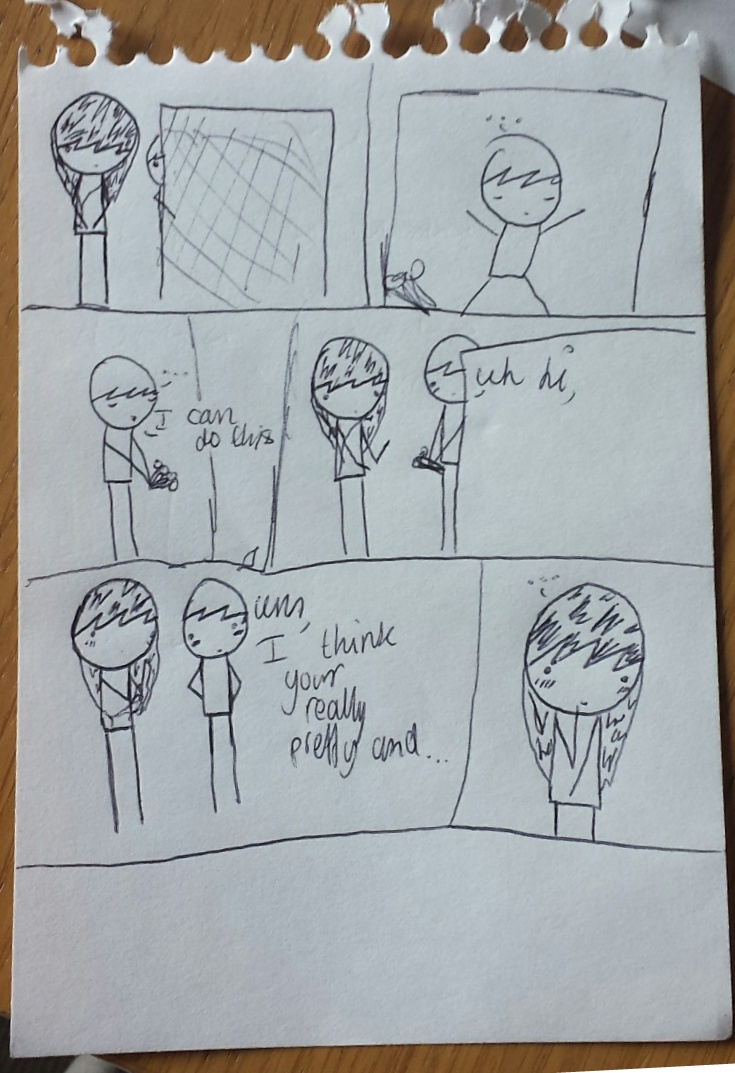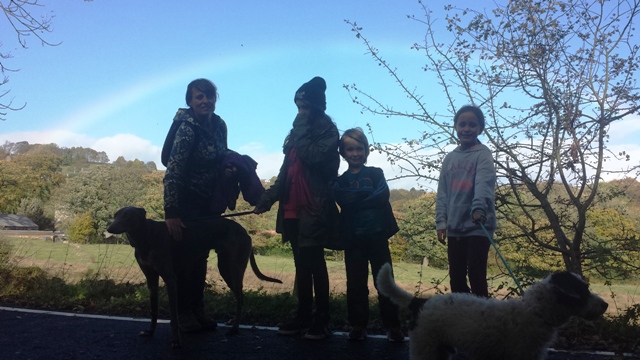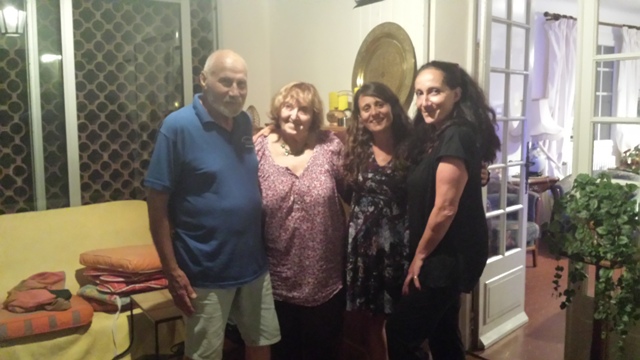Two things I want to write it down concerning ISIS.
Firstly, I don’t find it particularly difficult to understand why young men and young women might choose to travel to fight with ISIS. Despite coming from a privileged background myself I was aggressively favourable towards the IR A in the late 1970s and early 1980s. I fantasised about some heroic context for the red Brigades in Italy. I was brought up on stories of heroic socialist men travelling down to fight with the free brigades during the Spanish Civil War. Its doesn’t seem a great stretch of the imagination to recognise that the young men leaving, the young women leaving to go to Syria are inspired by the same complex of belief and gut emotional reaction as I was. The system under which we live and which is we regulate by our daily choices doesn’t encourage us to admit such things publicly. Isis is the face of evil only overshadowed by the face of Putin.
Secondly, I have been thinking about the families of the fighters, particularly those families who are bereaved but also those who wait for their children to return, who hope their children might return. I was struck earlier in the week about the reporting of a traffic accident in South Yorkshire where at five young people were killed, all of whom were or had been pupils at a particular school. The news journalist was talking with the head teacher of the school who was emphasising that to the school was ensuring that the bereavement and grief of the pupils was addressed. Bereavement counsellors would be present, the school would look for moments in which children would be able to express their feelings. An intense social awareness was manifested that it was important to deal properly with bereavement rather than hide from it.
What happens I started to think, to the parents of the fighters who have gone to Syria? When a Bangladeshi family in Portsmouth hears that their son has died, are they offered counselling? Does the wider community receive attention, a sympathetic ear and an understanding of their bereavement? It appears from the outside that it is more likely the families are withdrawn on themselves. There is no engagement with a public world that might offer them sympathy. They are almost demonised as if in some way they were to blame for something that generations of young men and women have always and already done.




